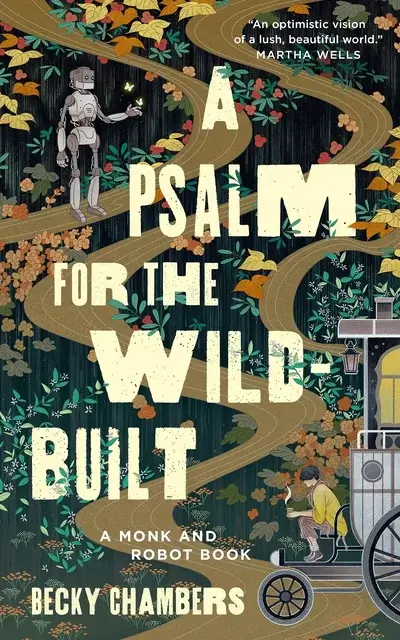A Psalm for the Wild-Built by Becky Chambers
Certainly! Here is a restructured version of the article from the provided link, complete with headings and keywords:
—
### A Psalm for the Wild-Built by Becky Chambers: A Book Review
**Introduction**
“A Psalm for the Wild-Built,” written by Becky Chambers, introduces readers to a utopian world where technology and nature coexist in harmony. This novella brings forth questions about purpose, existence, and the essence of being human.
**Plot Overview**
The story follows Sibling Dex, a tea monk who caters to people’s emotional well-being by serving tea and offering counsel. Dissatisfied with monotony, Dex ventures into the wilderness seeking solace. During this journey, they encounter a robot named Mosscap, sparking a unique friendship and philosophical exploration.
**Characters**
– **Sibling Dex:** The protagonist, a non-binary tea monk yearning for deeper meaning.
– **Mosscap:** A robot on a quest to understand humanity.
**Themes**
– **Purpose and Identity:** Both Dex and Mosscap grapple with questions about their roles and identities.
– **Human and Nature Relationship:** The narrative delves into a symbiotic relationship between humans and the natural world.
– **Existential Inquiry:** The conversations between Dex and Mosscap reflect on existential questions and the search for meaning.
**Author’s Writing Style**
Becky Chambers is celebrated for her inclusive and tender writing style. Her prose is accessible yet profound, making complex philosophical topics digestible.
**Conclusion**
“A Psalm for the Wild-Built” is a thought-provoking read that encourages introspection about life’s purpose and our connection to the world around us. It’s a testament to Chambers’ ability to weave deep, reflective narratives with a sense of warmth and optimism.
—
**Keywords:** Becky Chambers, A Psalm for the Wild-Built, utopian world, technology, nature coexistence, Sibling Dex, tea monk, emotional well-being, wilderness, Mosscap, robot, philosophical exploration, purpose, identity, human-nature relationship, existential inquiry, inclusive writing, tender prose, life’s purpose, warmth, optimism.
A Psalm for the Wild-Built by Becky Chambers Read More »




